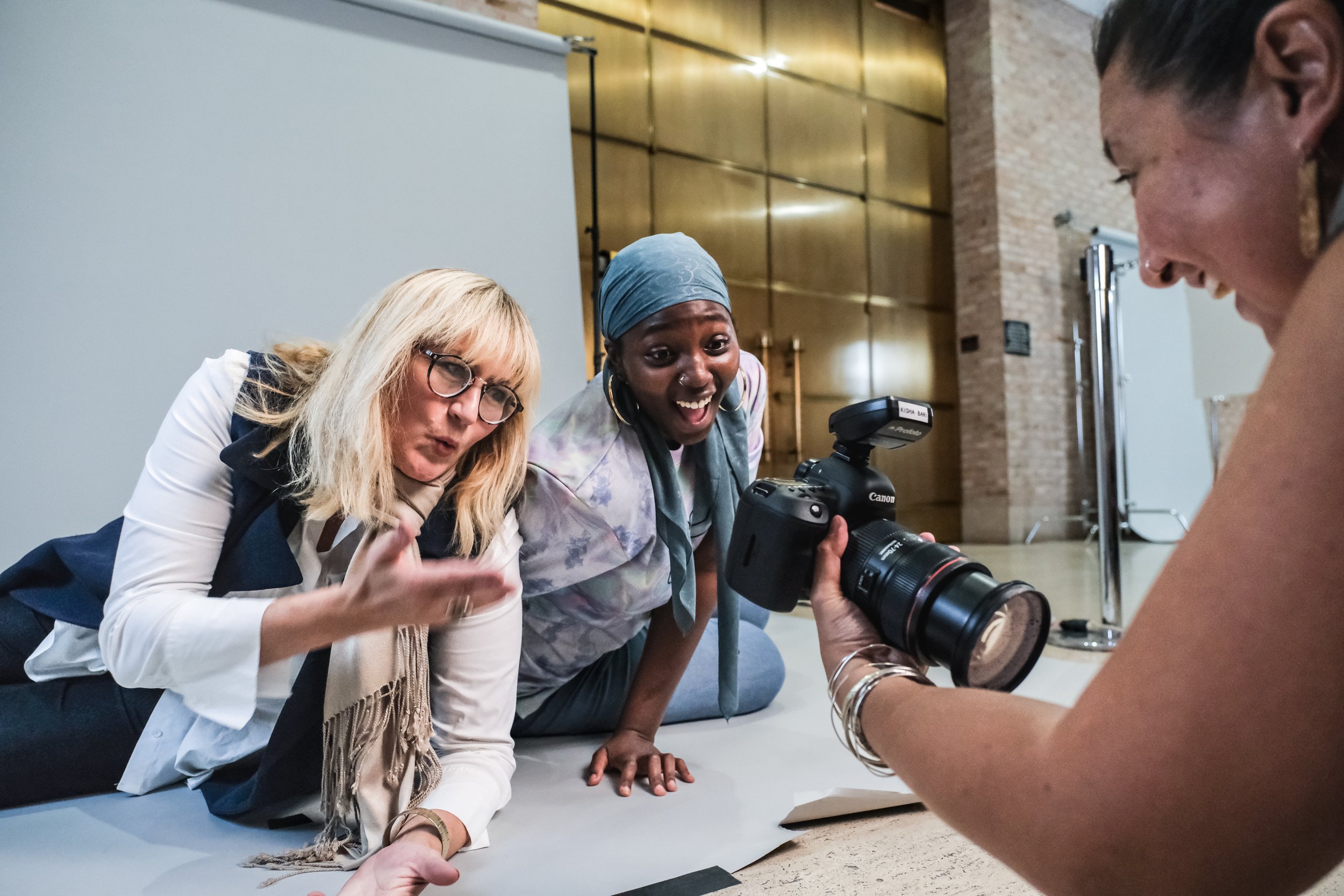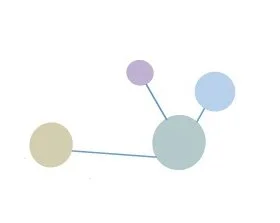Over the past months, you may have noticed our new look and feel. This change isn’t just aesthetic—it reflects an important evolution in our organization.
We are pleased to announce that the Interdisciplinary Center for Innovative Theory and Empirics (INCITE) at Columbia University has merged with The American Assembly (TAA) to become Incite, an official institute at Columbia University.
Incite integrates the research and outreach missions of both organizations, formalizing a long-standing intellectual and administrative relationship between TAA and Columbia University that dates back to President Eisenhower’s founding of TAA in 1950.
Announcement of The American Assembly in TIME Magazine, October 1950.
TAA was envisioned as a forum where leaders, professionals, and experts would come together to discuss and address the increasingly complicated social and political problems of the mid-twentieth century. TAA met its mission by hosting over 1,000 such American Assemblies. INCITE was founded in 2012 to advance new forms of interdisciplinary research, eventually integrating the activities of the Columbia Center for Oral History Research and other initiatives.
Since 2019, INCITE and TAA have partnered and grown toward a unified mission: creating knowledge for public action by catalyzing conversations that lead to more just, equitable, and democratic societies. Central to this mission is the belief that forms of expertise from outside the university are key to understanding the seemingly intractable problems of our age, and new forms of trust and connection are key to addressing them.
Oct 2022: New Yorkers from all five boroughs convene at Hey Neighbor NYC—an art project created by Assembling Voices Fellows Kisha Bari and Jasmin Chang that invites organizers from distinct communities to interact across cultural, geographic, and interest-based silos.
“Incite brings together two powerful strands of Columbia’s rich history: convening that advances discussion and understanding of significant challenges in the world, and unrivaled research that pushes the boundaries of knowledge and societal impact,” said Amy Hungerford, Dean and Executive Vice President of Arts and Sciences. “We’re excited to welcome the new Incite into the Arts and Sciences and look forward to all that the merger of these two organizations stands to achieve.”
Remixing tech journalism: Re-launched by Incite in 2023, Logic(s) is the first magazine to explore tech from Black, Asian, and queer vantage points. Read more. Read more.
Other initiatives that have surfaced during the partnership include the Obama Presidency Oral History, the relaunch of Logic(s) magazine, an ongoing partnership with MyVoteProject, and I See My Light Shining with Baldwin for the Arts. Now formally combined, Incite will continue to facilitate inventive forms of communication and collaboration between students, artists, activists, and others from outside the academy to arrive at new understandings and practices that advance public action.
“This merger brings a leader in citizens’ assemblies with a leader in producing new knowledge,” said Craig Calhoun, Chair of the Board of Trustees for the American Assembly. “The two organizations have been partners for four years and working as one will now ensure both that academic research reaches citizens and that such research isn’t isolated from the perspectives, understandings and knowledge that exist in communities throughout this country and across the world.”
“This merger is presents yet another opportunity for the University to fulfill its Fourth Purpose mission of affecting the world positively by bringing together academic scholarship and practical solutions to real problems,” said former Columbia University President Lee Bollinger, who was a trustee of The American Assembly.
The merged organization will be led by Peter Bearman, who founded INCITE in 2012 and has served as President of the American Assembly since 2019.
“For much of its 70-year history, The American Assembly was at the vanguard of convening expertise to address the nation’s increasingly complicated social and political problems,” said Bearman. “This merger is a fulfillment of our commitment to recapture this cornerstone of The American Assembly’s work, but to attune this work to be more inclusive and groundbreaking in our approach.”
Food, music, and local politics: Through our partnership with MyVote Project, we’re re-imagining what local voter engagement could look like—and we’re taking cues from young New Yorkers. Read more.
Click here to learn more about our initiatives throughout the 2023–2024 academic year as we continue to expand our reach within Columbia University and beyond.





























